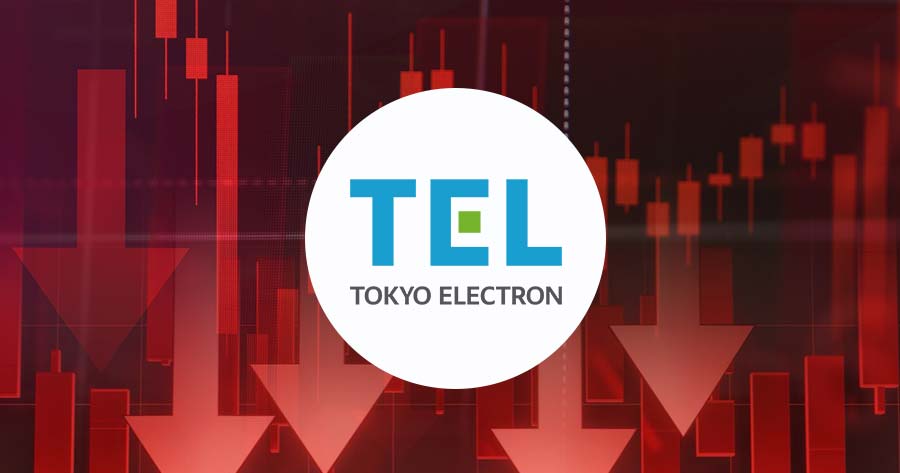Tokyo Electron Ltd. witnessed a notable decline in its shares, marking the largest drop in three months, following a report by Bloomberg detailing U.S. discussions on implementing stringent trade restrictions to limit China’s access to advanced semiconductor technology.
This development also led to a decrease in the Nikkei stock gauge, erasing earlier gains.
Reports suggest that the Biden administration has been discussing the potential utilization of the foreign direct product rule, which could impact companies like Japan’s Tokyo Electron and the Netherlands’ ASML Holding NV, both of which provide semiconductor equipment to Chinese chip manufacturers.
This rule would enable the U.S. to impose controls on products manufactured overseas that incorporate even minimal amounts of American technology.
Tokyo Electron, Japan’s leading semiconductor equipment provider, experienced an 8.3% intraday decline on Wednesday, marking its most substantial drop in three months. Similarly, shares of Screen Holdings Co. fell by 5.1%, Disco Corp. by 4.1%, and Advantest Corp. saw a decrease of up to 2.5%.
Hiroshi Namioka, Chief Strategist at T&D Asset Management, noted that Tokyo Electron relies on China for over 20% of its sales and expressed concerns that the company’s involvement in this issue could negatively impact its stock performance.
Apart from Tokyo Electron and ASML, U.S. firms like Applied Materials Inc., Lam Research Corp., and KLA Corp. also supply crucial chipmaking machinery. The U.S. is reportedly discussing this proposal with officials in Tokyo and the Hague as a probable course of action if these countries do not strengthen their own measures concerning China.





